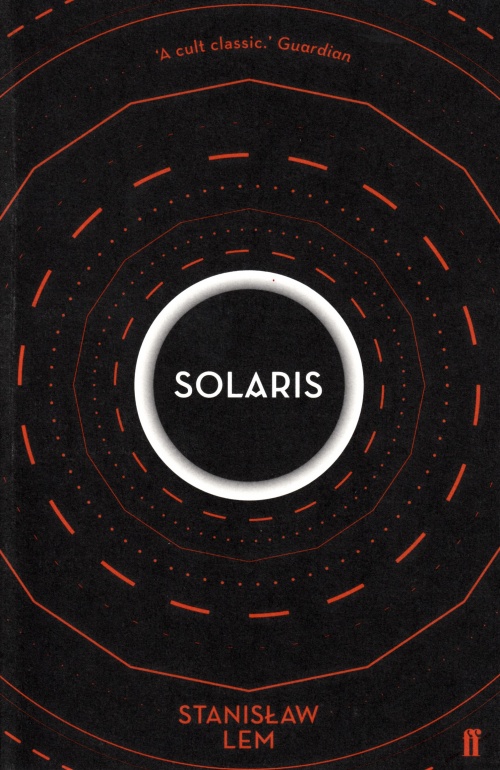mycorrhiza reviewed Solaris by Stanisław Lem
I didn't realize that this was funny before
5 stars
I read the older English translation decades ago, and I only remember the basics of the plot. This feels like a well-written book, so I'm inclined to think that it's a better translation.
But this second reading also comes after I've spent time in academia, and even engaged in the study of human consciousness. I wonder how many people understand that this is a biting satire in addition to an exploration of loss and what it means to be human? I didn't before, but I do now.
I read the older English translation decades ago, and I only remember the basics of the plot. This feels like a well-written book, so I'm inclined to think that it's a better translation.
But this second reading also comes after I've spent time in academia, and even engaged in the study of human consciousness. I wonder how many people understand that this is a biting satire in addition to an exploration of loss and what it means to be human? I didn't before, but I do now.
















